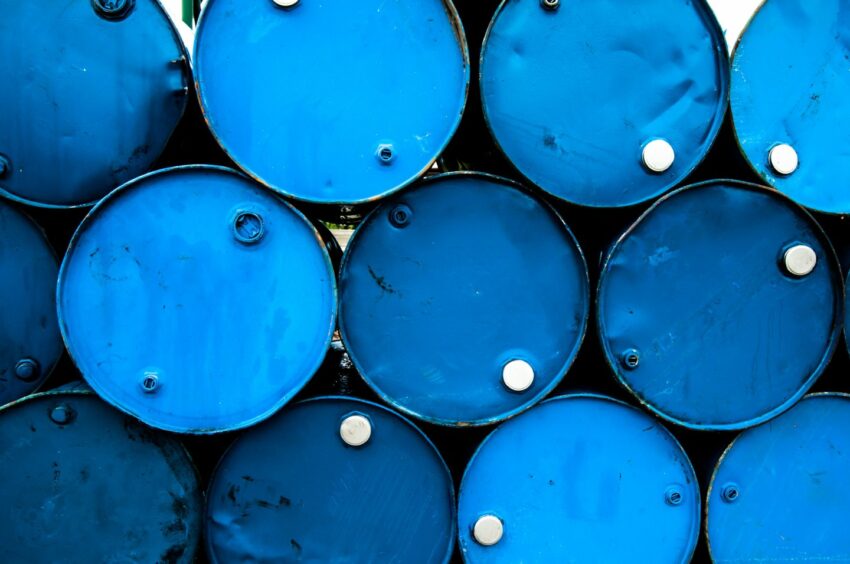
What are ‘historically more normal prices’? Through 2022 the Brent oil price averaged about $100 a barrel (bbl), up around 40% on 2021. This follows a volatile 12 months where prices started the year at $78/bbl, reaching a peak of $130/bbl in March following Russia’s invasion of Ukraine.
Prices have returned to where they started at around $80/bbl through December, broadly in-line with the ten-year average oil price of $75/bbl. UK Gas prices in 2022 were even more dramatic with the spot price (the price producers sell at) averaging around 200p/therm via fluctuations between 500p/therm and sharp, short lived, drops to less than 30p/therm. Clearly the 2022 price is a multiple of the 50p/therm 10-year average with the forward curve indicating a period of prolonged high gas price through 2023 and potentially beyond. UK gas prices are unlikely to return to ‘normal’ anytime soon, as the UK becomes more reliant on higher price (and higher emission) LNG imports.
Against this back drop of price volatility, in May the UK Government imposed an energy profits levy (EPL), where the marginal tax rate was increased from 40% to 65% until 2025. However the EPL included wording that this would be removed once ‘oil and gas prices return to historically more normal levels’.
The second instalment of the EPL, in the November UK Autumn Statement, the total rate of taxation was increased to 75% with the period of the ‘windfall’ extended until 2028. Crucially, reference to price normalisation was removed. Unless this is addressed it could have an additional impact beyond the higher tax rate where companies are reducing UK North Sea investment plans.
Specifically, it could materially curtail the debt capacity of UK North Sea producers. Banks were able to disregard the initial EPL in assessing debt capacity as they use oil and gas price assumptions below ‘normal levels’. The removal of the reference to price normalisation in the Autumn Statement may force banks to include a 75% marginal tax rate in assessing debt capacity. This would further reduce the ability for companies to invest in any major projects. Perhaps crucially it could limit UK North Sea deal flow.
More than $10 billion in transactions over the past five years represent an important step in the evolution of the UK North Sea. Debt funded deals have transferred ownership of the assets non-core to global majors to independents that are focused on reinvesting in the basin and extending asset life (at least until the imposition of the EPL).
It remains unclear if any amendments to the EPL will be made but the return of ‘historically more normal prices’ to the legislation would prevent a bad situation becoming much worse.
Recommended for you

 © Supplied by Investec
© Supplied by Investec